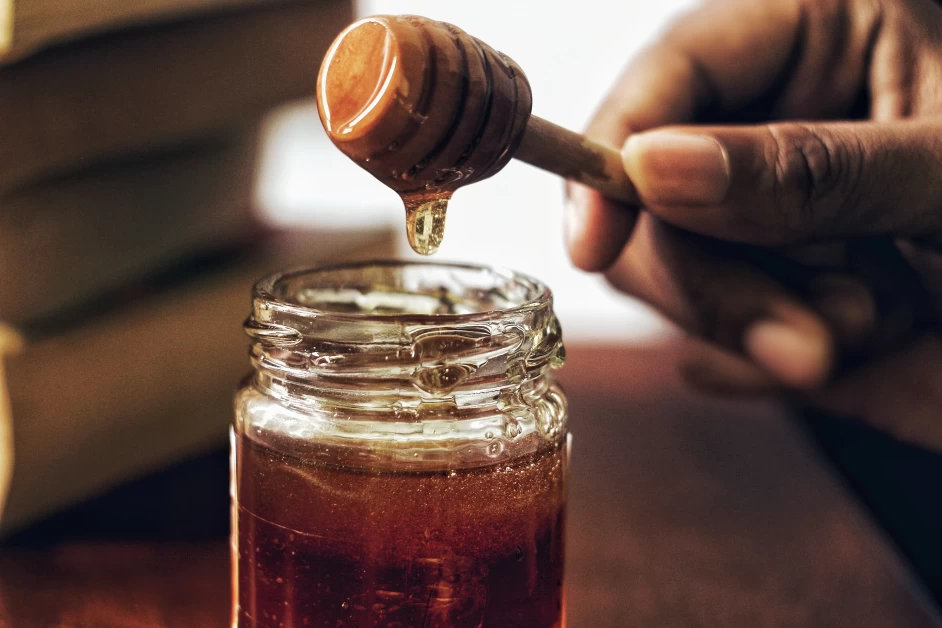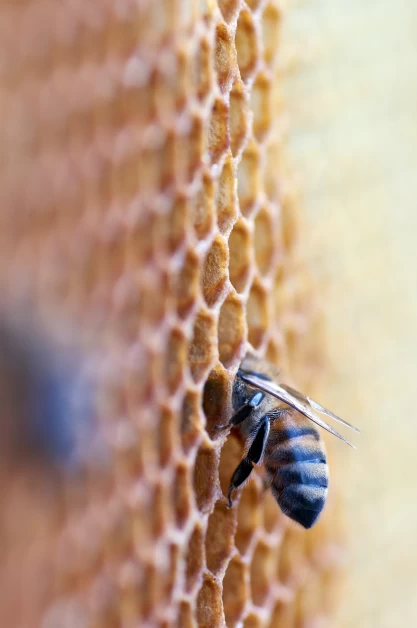Table of Contents
Introduction:
People who are knowledgeable about natural remedies have long valued honey for its antibacterial and antiseptic properties. In recent years, Manuka honey has gained recognition as a valuable medicinal ingredient, both for consumption and topical application. This article explores the benefits of Manuka honey as a powerful natural antibiotic, particularly for antibiotic-resistant infections.
Antibiotic Resistance and the Need for Alternatives
Paragraph 1:
In recent years, doctors have faced challenges in treating infections that are resistant to regular antibiotics. This issue has arisen due to several reasons, including the overuse of common antibiotics, which has led to the development of resistance in our bodies. As we develop stronger antibiotics, bacteria continue to evolve and stay one step ahead of us.
Paragraph 2:
Furthermore, some infections become difficult to cure as they form a biofilm, a thin layer of bacteria on the tissue. This biofilm makes it harder to eliminate the infection, especially in severe cases, using current medications.
Manuka Honey as a Solution for Antibiotic Resistance
Paragraph 1:
Manuka honey has emerged as a proactive ingredient that can address the problem of antibiotic resistance. While the idea of using honey to treat stubborn infections may seem unconventional, scientific research has proven its efficacy.
Paragraph 2:
Studies have shown that by combining Manuka honey with conventional antibiotics, the potency of both is increased. Doctors often use honey as a topical application while administering other medications through the bloodstream. This synergy between honey and antibiotics enhances their antimicrobial action.
Paragraph 3:
In vitro studies have demonstrated that the presence of honey not only makes bacterial strains susceptible to antibiotics but also prevents the development of resistance to certain drugs. For example, the antibiotic rifampicin, commonly used to treat superficial staphylococcal infections, is often combined with other drugs due to the rapid development of resistance by MRSA strains when used alone. However, when used in combination with Manuka honey, the effectiveness of rifampicin is enhanced.
The Antibacterial Benefits of Manuka Honey
Paragraph 1:
Regular honey has inherent antibiotic properties due to the presence of hydrogen peroxide, which is produced by bees. However, Manuka honey contains an additional compound called methylglyoxal (MGO) that enhances its antibacterial effects.
Paragraph 2:
A 2018 study confirmed that MGO is a potent ingredient that is active against even the most resilient microbes. With the combination of hydrogen peroxide and MGO, Manuka honey is effective against stronger strains of bacteria, including those that cause Staph and Strep infections.
Paragraph 3:
Manuka honey has also been found to be effective against difficult-to-treat pathogens such as Clostridium difficile, which develops in hospital settings and causes diarrhea and colon inflammation. When moisture-loving pathogens encounter Manuka honey, they gradually die out, preventing fresh bacteria from replacing the dead ones. This allows even chronic infections to heal, provided the honey has a higher potency and MGO content (preferably above MGO 1000).
Paragraph 4:
The potency of Manuka honey can be determined by its Unique Leptospermum Factor (ULF) value. A higher ULF value indicates a stronger antioxidant ability. For the treatment of stubborn infections, it is recommended to use the strongest and highest grade Manuka honey, such as MGO 2000+.
Understanding Medicinal Manuka Honey – MGO Grades Explained
Paragraph 1:
Medicinal Manuka honey refers to high-grade MGO Manuka honey that has been scientifically tested for its curative compounds, including antioxidants, bioflavonoids, and immune-boosting enzymes. It contains higher levels of MGO compared to table-grade Manuka honey and possesses antimicrobial, antiseptic, and anti-inflammatory properties.
Paragraph 2:
This honey is commonly used for various health-related purposes, including burns, wounds, infections, oral care, gut health, and immunity building. The higher the MGO number, the stronger the antimicrobial bioactivity and the more potent the medicinal benefits.
Paragraph 3:
Biosota Organics offers premium Australian Manuka honey that is cultivated with a combination of nature, science, and love. Their Manuka honey is tested and verified by independent accredited laboratories in Australia and New Zealand to ensure authenticity.
How to Use Medicinal Manuka Honey for Antibiotic Resistance
Paragraph 1:
When using Manuka honey for antibiotic-resistant infections, it is recommended to ingest one to two teaspoons of superior or ultimate strength medicinal Manuka honey twice daily. This can help combat stubborn infections that are resistant to other types of antibiotic treatment.
Paragraph 2:
For topical application, apply a superior-grade medicinal Manuka honey liberally to the affected areas. Cover the area with a clean and sterile dressing, such as a bandage, gauze, or compress. Leave it on overnight and change the dressing when saturated or as needed.
Paragraph 3:
After completing a prescribed course of antibiotics, it is advised to take a teaspoon of high-strength medicinal Manuka honey once or twice a day. This can help rebuild probiotic gut levels, boost immunity, and restore overall health.
Conclusion
In conclusion, Manuka honey has been proven to be an effective natural antibiotic, particularly for antibiotic-resistant infections. Its unique properties, including the presence of hydrogen peroxide and methylglyoxal, make it a powerful antimicrobial agent. When used in combination with conventional antibiotics, Manuka honey can enhance their potency and prevent the development of resistance. By choosing high-grade medicinal Manuka honey with a higher MGO content, individuals can harness the full potential of this natural remedy for various health ailments.


